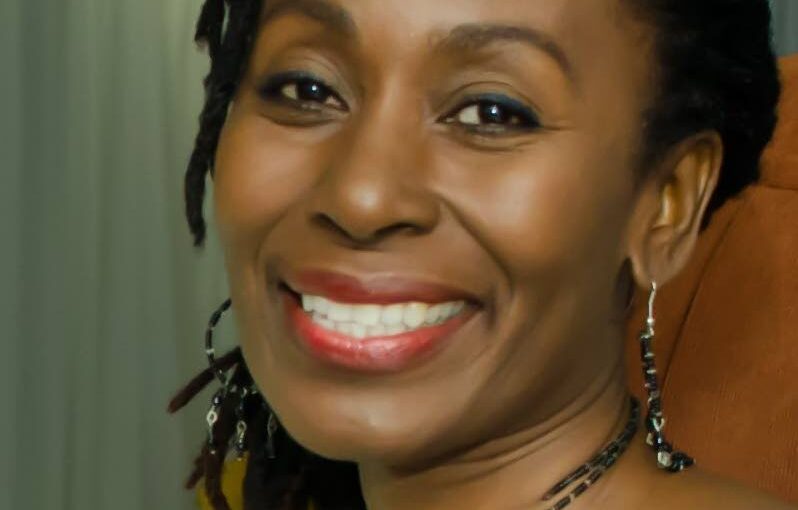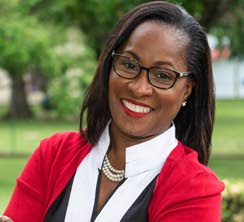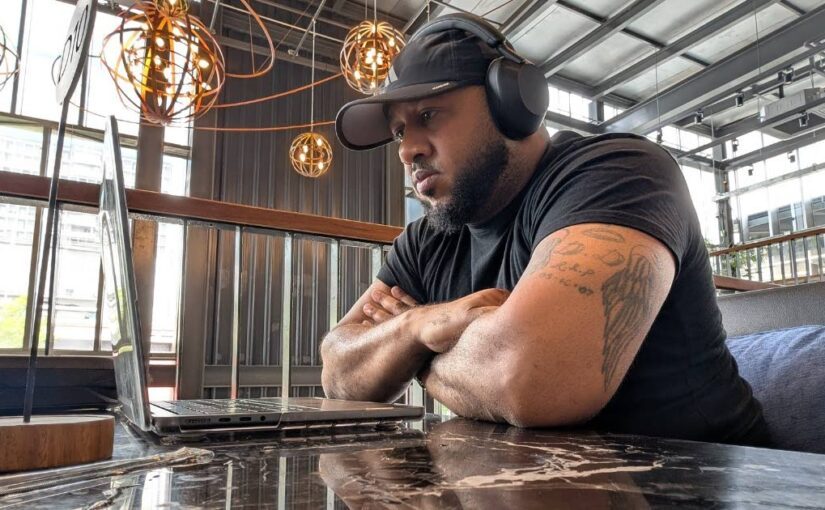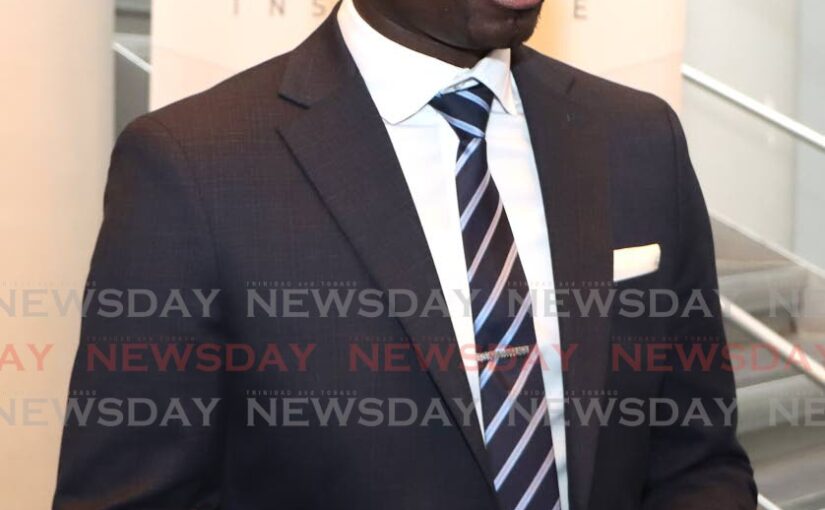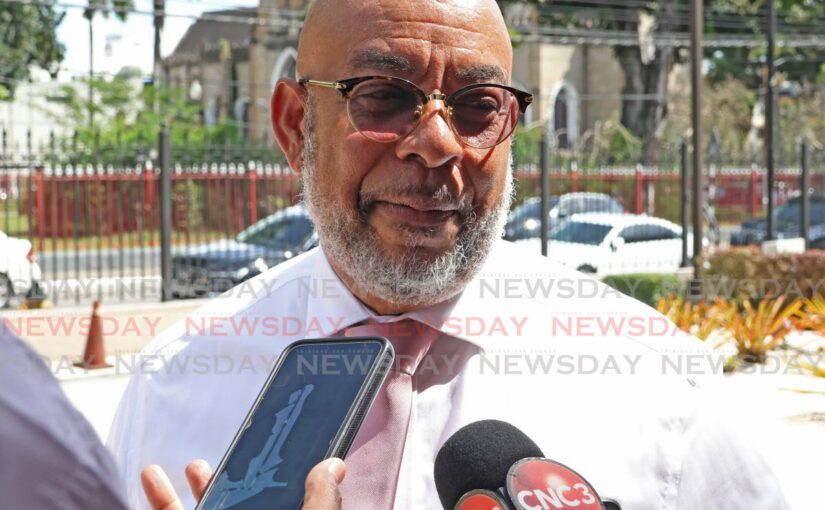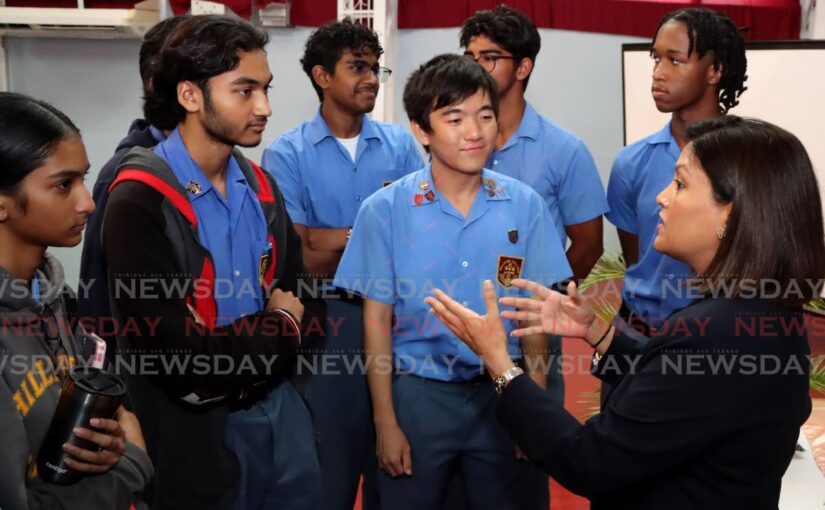A Trinidadian growing grapes in Japan has been dubbed “the rarest man in Japan,” by an African-American influencer who featured the farmer in a...
Vous n'êtes pas connecté
- English
- Français
- عربي
- Español
- Deutsch
- Português
- русский язык
- Català
- Italiano
- Nederlands, Vlaams
- Norsk
- فارسی
- বাংলা
- اردو
- Azərbaycan dili
- Bahasa Indonesia
- Հայերեն
- Ελληνικά
- Bosanski jezik
- українська мова
- Íslenska
- Türkmen, Түркмен
- Türkçe
- Shqip
- Eesti keel
- magyar
- Қазақ тілі
- Kalaallisut ; kalaallit oqaasii
- Lietuvių kalba
- Latviešu valoda
- македонски јазик
- Монгол
- Bahasa Melayu ; بهاس ملايو
- ဗမာစာ
- Slovenščina
- тоҷикӣ ; toğikī ; تاجیکی
- ไทย
- O'zbek ; Ўзбек ; أۇزبېك
- Tiếng Việt
- ភាសាខ្មែរ
- རྫོང་ཁ
- Soomaaliga ; af Soomaali
Rubriques :
 Maroc - NEWSDAY.CO.TT - A la Une - Aujourd'hui 05:03
Maroc - NEWSDAY.CO.TT - A la Une - Aujourd'hui 05:03
Time for new conversation about Africans
Dara E Healy Until the whole of Africa is free Until we gain a total liberty Until my people can live peacefully There'll be war, endless war And we won't give up this fight We won't give up this fight Mighty Duke, We Won’t Give Up THIS IS the last African History Month that will take place in the UN-declared International Decade for People of African Descent, 2015-2024. The likelihood that many people in TT, whether of African descent or not, will even know or care about this is probably very slim. Certainly, equally uninteresting would be the fact that 2024 marks just over 200 years since Haitians won their freedom from enslavement. Yet, quite literally, Haitian people continue to pay for 1804. France extracted reparations from them under threat of annihilation by warships menacingly anchored off the coast and re-enslavement for generations. In the face of ongoing trauma in global African communities, this month demands a serious assessment of what it means to be African in TT and how to end persistent imbalances. The literal and spiritual consequences of the injustice meted out to Haiti still impact us in the Caribbean and African diaspora. I have not yet been able to read full accounts of the "negotiations" for reparations from Haiti. My stomach ties in knots and tears blur the words. The New York Times writes that in “exchange for 150 million francs, and an enormous reduction in custom taxes on French goods, France would recognise its former colony’s independence.” The eloquence of voices from Dr Eric Williams to Prof Hilary Beckles have done little to shake the position of former enslavers that we, the generations who received no compensation for centuries of abuse, should move on. At home, data about people of African descent is dismal – from low achievement in education, to victims or perpetrators of crime and family dysfunction. I saw one statistic which says in TT “only 40 per cent of black children live with both parents.” Fortunately, there is hope. I personally either support or am directly involved with organisations that work outside of established systems of education to offer alternatives to the African population, especially young people. Additionally, I see community groups across the country developing programmes, seeking sponsorship and doing their part to uplift this segment of our society. Sadly, time has proven that these efforts are not enough to make the urgent difference in entrepreneurship, educational success or improved quality of life. Indeed, one may argue that the major weakness is the fact that many groups operate outside of established systems and in the absence of policy directives to accomplish set objectives for Africans. Throughout history there have been moments of sustained national conversations about such goals. In the 1920s and 30s, Marcus Garvey’s focus on Africa as the homeland and the importance of building economic wealth for Africans generated global attention. During the 1950s and 1970s, global civil rights movements fuelled more dialogue. At home, some of the earliest calypsoes by Attila the Hun and others referenced African spirituality. As Carole Boyce-Davies points out, such defiance of colonial sensibilities was a sign of “definite protest against suppression of African culture.” In modern times, calypsonians continued to raise their voices against lingering social imbalances. Yet, when I reflect on my adult experiences, those of my family, circle of artists or wider network, I see only whispers of change. While reparations are essential to help correct historical wrongs, it is important for nations still reeling from the effects of enslavement and colonialism to develop strong national lobbies for change. However, the only way this can happen is through empowered citizens and enlightened leadership. My experiences across the country reinforce that I am not wrong about the lack of interest in African history, culture and spirituality. As I have written previously, to solve this we need to transform the way we educate, to inspire curiosity and understanding in young minds. Further, the status quo should not be allowed to remain so unaffected by pervasive inequities. For too many in the African community, notions of a stable family life, personal safety or being able to travel are unattainable dreams. Daily, our world becomes more precarious, facing climate, migratory and political threats. Hope is not enough. We need to strengthen ourselves for what is coming. We need to begin another conversation about the Africans in our space. We must not give up the fight. Dara E Healy is a performing artist and founder of the Indigenous Creative Arts Network – ICAN The post Time for new conversation about Africans appeared first on Trinidad and Tobago Newsday.
Articles similaires
From de valley to Divali
My October 31 plans included attending a friend’s Divali light-up, then joining two visiting Norwegian friends for a Divali event at Tropikist...
Attzs: Use Exim Bank window, structural approach on forex
ECONOMIST Dr Marlene Attzs said a managed floating exchange is not without risks and she preferred to first give the Exim Bank window a chance to...
Entrepreneur empathises with struggle for restricted forex
YOUTH entrepreneur Keron Rose says he understands the concern that people have over the restriction on the use of their debit cards to make US-dollar...
A hard no on Tobago bills
THE EDITOR: During the recent budget debate, the Prime Minister promised that in this session of Parliament he would bring back the Tobago...
Labour Minister on port delays: We need dialogue, not ultimatum
Labour Minister Stephen Mc Clashie is calling for dialogue between the Port Authority of TT (PATT) and the Seamen and Waterfront Workers Trade Union...
Ex-transport minister stands by 2015 deal: Give port workers 12% increase
Former minister of transport Stephen Cadiz is criticising the government for failing to follow through on the wage increase agreed upon in 2015 for...
Anti-Haitianism: A Hemispheric Rejection Of Revolutionary Blackness – OpEd
From the United States to the Dominican Republic to the Bahamas, the collective scapegoating and mass deportation of Haitians for political gain...
Snap school poll: Youth want to leave Trinidad and Tobago
IN a school hall filled with 200 pupils, about half of them indicated they wished to leave Trinidad and Tobago to study, and of these only one said...
Sports betting: The true winners in the game
SPORT is not just a game. It's an industry – a billion-dollar industry. And in sport there are games within the game, and players not on the team...
Les derniers communiqués
-
Aucun élément
